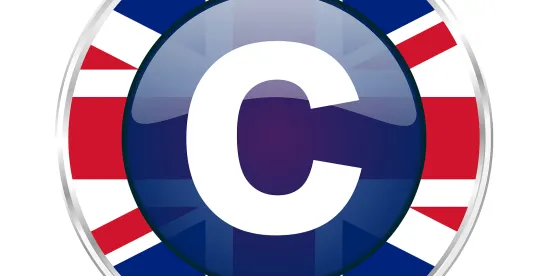In response to the ruling in the case of Sky v SkyKick in December 2024, the UK Intellectual Property Office (UKIPO) has published new guidelines aimed at assisting applicants in drafting and filing trademark applications in the United Kingdom. The court’s decision underscored that submitting applications with overly broad specifications of goods and services, without a genuine intention to use the trademark, may be deemed as acting in bad faith.
Changes to Examination Practices
With the implementation of these guidelines, UKIPO examiners will now scrutinize applications to determine if the specifications for goods and services are “manifestly and self-evidently broad.” This shift enables examiners to raise bad-faith objections at the examination stage, eliminating the previous requirement to wait for third-party challenges.
Upon receiving an examination report, applicants will have a two-month period to respond. They can either narrow down the list of goods and services or present arguments and evidence to justify the broader claims initially made.
Guidelines for Compliance
To ensure compliance with the new regulations, applicants should adhere to several recommended practices when filing a trademark application in the UK:
– Clearly define goods and services to include only those that “represent fair and reasonable claims” relevant to their business activities.
– Carefully review proposed specifications before submission. Overly broad terms, such as “computer software,” should be avoided; applicants need to specify the type of software intended for use.
– Whenever possible, opt for narrower specifications or complement broad terms with more specific sub-categories. This approach minimizes the risk of receiving ex officio objections that could delay the registration process.
– Maintain comprehensive internal records, including business plans and market research, to substantiate the inclusion of each term in the application. Such documentation can provide essential commercial justification if requested by the UKIPO.
The recent changes in examination practices are expected to lead to an increase in the number of examination reports issued, particularly those citing bad faith objections. This may extend the duration required for a trademark to achieve registration, necessitating more substantial discussions with examiners, who may request internal records on a case-by-case basis.
In summary, the updates from the UKIPO represent a significant shift in how trademark applications will be assessed, placing a greater emphasis on the intention behind the claims made by applicants.
